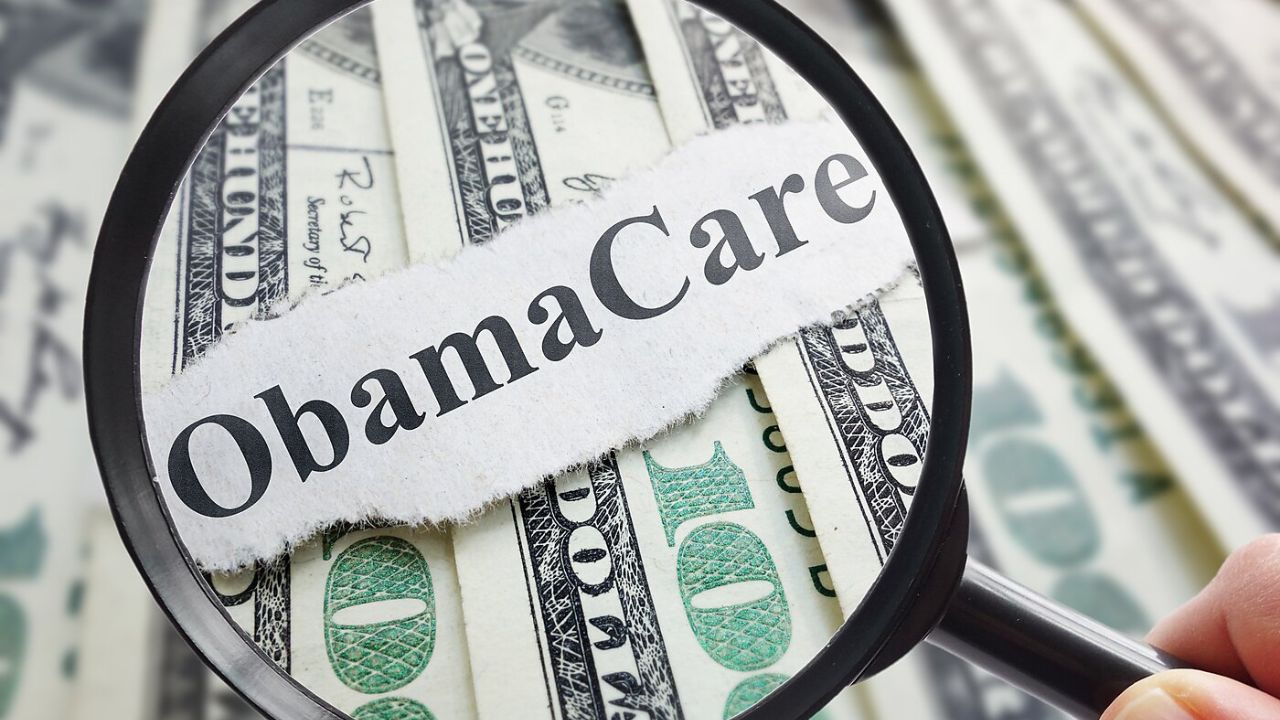North Carolina – As enhanced subsidies under the Affordable Care Act (ACA) approach their expiration at the end of 2025, many Americans like Laurel and Philip Vincenty face a staggering increase in their health insurance premiums. The couple’s monthly premium, currently subsidized by nearly $1,700, is set to soar, potentially forcing difficult financial decisions.
The Vincentys, both self-employed and dealing with costly medical conditions, exemplify the financial strain that many could soon encounter without the continuation of these subsidies enacted initially under the American Rescue Plan and extended by the Inflation Reduction Act.
The Growing Financial Burden on Healthy and Ill Alike
The Vincentys’ situation highlights the direct impact of subsidy removal. Laurel was diagnosed with breast cancer in 2020, and Philip suffered a heart attack in 2024, leaving them with thousands in medical debt. Despite paying about $400 monthly in premiums now, the loss of subsidies means their premiums could nearly quadruple.
- Current monthly premium: $400
- Subsidy covering additional: $1,700
- Projected increase if subsidies expire: premiums could double on average from $888 to $1,904 annually
- Estimated nearly 4 million people expected to drop ACA coverage in 2026 without subsidies (Congressional Budget Office)
Policy Standoff and Its Impact on Coverage
The ongoing government shutdown is exacerbating concerns around ACA subsidy extensions. Democrats insist that reopening the government must include extending the enhanced subsidies that are critical for millions of Americans. Lawrence Gostin, director at Georgetown University, warns about the immediate consequences.
“Even if a deal is done to extend the subsidies, many enrollees will drop out due to the sticker shock,” said Gostin.
Open enrollment starts November 1, and many are already receiving renewal notices with unwelcome news about soaring premiums.
Challenges in Navigating Renewal and Subsidy Changes
Adrianna McIntyre, assistant professor at Harvard T.H. Chan School of Public Health, explains how renewal notices can be difficult for enrollees to navigate. Opting for lower-tier plans may reduce premiums but often leads to higher deductibles, complicating coverage choices.
“We should expect a lot of marketplace enrollees to be receiving unpleasant news about their premiums in mid- and late-October,” McIntyre said.
Funding cuts to navigators, who help people enroll and understand their options, further complicate matters, especially in states using the federal HealthCare.gov platform.
Read Also: New York City Sets 15 MPH Speed Limit for E-Bikes and E-Scooters Amid Pedestrian Safety Concerns
Personal Stories Reflect Widespread Anxiety
Jeff Feldman, a 60-year-old Phoenix musician, faces tripling premiums and may opt to go uninsured despite working two jobs and planning to drive for ride-shares to cover extra costs. Wesley Hartman, a small business owner from California, anticipates increased premiums that will constrain his business growth.
- Jeff Feldman’s estimated premium increase: $300 to $900 monthly
- Wesley Hartman’s planned premium increase: from $1,212 to $1,450 monthly
Such stories illustrate the broader impact on millions and the potential threat to small business stability.
Looking Ahead: The Importance of Subsidy Extension
According to the NBC News report, without urgent legislative action to extend subsidies, the healthcare market may see millions dropping coverage, increased medical debt, and rising health disparities.
Key Recommendations Moving Forward:
- Congress to prioritize extension of ACA enhanced subsidies to prevent coverage loss.
- Increase funding for navigators to aid consumers in navigating plan changes.
- Public awareness campaigns to help enrollees understand their options before enrollment deadlines.
What do you think about this approaching crisis in health insurance affordability? Share your thoughts in the comments below!


 by
by 

